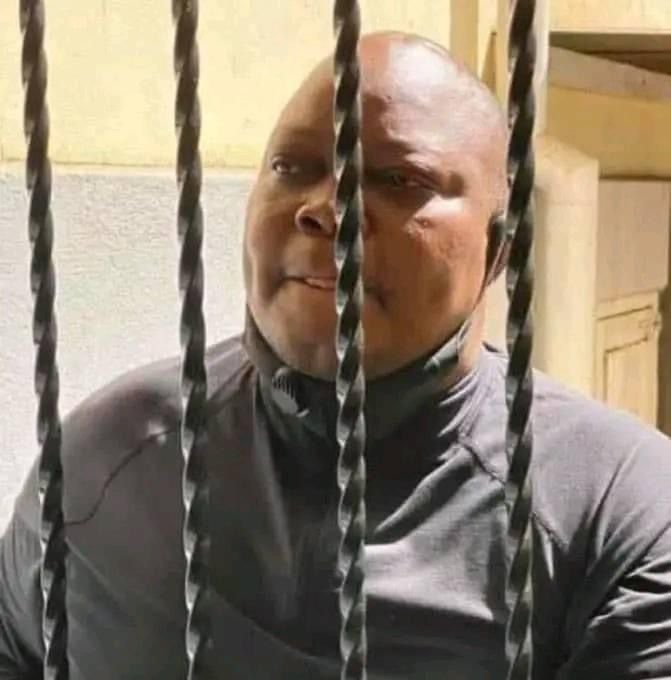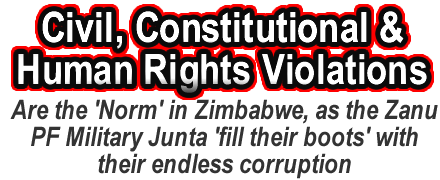 Political persecution in Zimbabwe remains a serious and ongoing issue under President Emmerson Mnangagwa's government. Here's an overview of the current situation:
Political persecution in Zimbabwe remains a serious and ongoing issue under President Emmerson Mnangagwa's government. Here's an overview of the current situation:
Recent Pattern of Repression
The authorities have continued to weaponize the criminal justice system against perceived critics and the political opposition, with impunity for ruling party ZANU-PF violence, intimidation, harassment, and repression against opposition members and civil society activists restricting civic and political space.
Scale of Human Rights Violations
According to the Zimbabwe Peace Project, 7,292 people were affected by human rights violations in February 2025, a dramatic increase from 3,161 in January 2025 and 1,460 in December 2024. These violations included threats of violence, politically motivated assaults, unfair distribution of food aid, and restrictions on freedom of assembly, association and expression.
Mass Arrests and Detention
Ahead of the August 2024 Southern African Development Community summit in Harare, authorities intensified their crackdown, arresting more than 160 people, including a religious leader, elected parliament and council officials, political activists, union leaders, students, and journalists. While many were eventually acquitted or given suspended sentences, cases of abuse in custody were reported.
Denial of Fair Trial Rights
Authorities have continued to deny those arrested their rights to bail and a fair trial. Opposition politician Job Sikhala was freed in January 2024 after being jailed for 595 days on charges of inciting public violence. Similarly, opposition leader Jacob Ngarivhume was arrested on August 2, 2024 and granted bail only on October 23 after 82 days in detention.
Climate of Fear
Residents report that people are afraid to speak openly about economic hardship for fear of being denounced by pro-government supporters, noting that the ruling party has a history of violence. Elections have been marred by violence, repression and torture of opposition members, and election rigging.
International Response
In March 2024, the US government renewed sanctions against 11 individuals, including President Mnangagwa, and three entities for their involvement in corruption or serious human rights abuses, noting that Zimbabwe's security forces had engaged in the violent repression of political activists and civil society organizations.
The situation reflects a long-standing pattern where the ZANU-PF party, which has dominated Zimbabwean politics since independence in 1980, continues to suppress dissent through systematic persecution of opposition voices and civil society.
